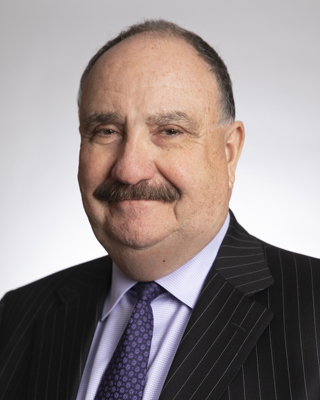According to the U.S. Bureau of Labor Statistics, 18.5% of Americans over the age of 65 are continuing to work. This is the highest percentage ever recorded, and it has been climbing steadily since 1989 when the over-65 workforce was below 12%. 60% of these workers report the -reason they continue to work is “to stay -active and involved” and because they -“enjoy working”. This is the report from older Americans who “want to work”…
In the report from older Americans who “need to keep working”, 26% say they continue to work because of the “decreased value of their savings or investments”; 21% work in order to “buy extras”; 17% have to work to “make ends meet”; and 15% work to “keep their insurance benefits”.
Work Is Not Necessarily Like Having a Root Canal
At Bell Investment Advisors, we view this trend of the over-65 workforce in a very positive light. First of all, we have never viewed work as a negative obligation, and we are always surprised when people talk about their work and careers as something they want to get over as quickly as possible—like a root canal. Career and life coaching are imbedded in our business model because we believe one aspect of developing a good life is finding and creating work that you love—work that you want to keep doing as long as you are able. We are proud of our contributions to young and old that allow them to follow their paths to career satisfaction.
Facing the Facts and Making a Realistic Adjustment
The U.S. Society of Actuaries reports that if you are a single woman who is 65 today, you have a 31% probability of living into your 90s; if you are a single man, you have a 20% probability of living into your 90s; and if you are a married couple, there is a 45% probability that at least one of you will live into your 90s. This references a strong probability of another 30 years of living post age 65. When Social Security was first launched in the 1930s, the full retirement age was set at age 65. The U.S. Government made a safe bet then because in the 1930s, the average American died at age 64. Today, because of the increased likelihood of living to age 95, it makes sense to extend our work life as long as possible—especially when you enjoy your work and it helps you to remain active and involved in commerce.
Cycling Between Work and Leisure
Years ago, the demographer Ken Dycht-wald, Ph.D. wrote that the ideal trend for most baby boomers would be to cycle between work and leisure as they transition toward the day they will no longer be able to work. The ability to produce such a cycle of opportunity does not happen by accident. It requires planning and preparation—especially to make sure that you keep your skills relevant and up-to-date with the marketplace.
Caveat
Too often we hear from workers that their retirement plan is to work until they die. According to the Employee Benefit Research Institute, 70% of current workers say they want to work until at least age 65 or longer, but current data show that 65% of actual retirees stop working before age 65 for the following reasons:
- 51% due to poor health
- 21% due to job loss
- 19% to care for a spouse or family member
- 11% due to outdated skills
Intention is not reality, so it is always important to have a Plan B. Keep working as long as you can, but plan ahead, because retirement may come sooner than you desire. The Employee Benefit Research Institute also reports that only 42% of workers have tried to calculate how much money they will actually need to save for retirement. Financial Planning is also imbedded in our business model because everyone needs to know where they stand and what they should be doing to live with peace of mind.
Thirty Years Without a Paycheck
Living thirty years without a paycheck is complicated. You need to know more than how much money you will need:
- What is the optimal investment strategy for your situation?
- How much is the sustainable amount of income you can draw each year?
- What is your retirement plan’s probability of success?
- When should you start Social Security benefits?
- What about Social Security spousal benefits?
- Should you do a Roth IRA Conversion?
We respect everyone’s individuality, and we know that working through age sixty, seventy, and eighty may not be desirable or possible for everyone. But for many, continuing to work past age 65 or planning a life that cycles between work and leisure could amount to having a good, long life—especially when both are backed up by a financial plan with a high probability of success.


